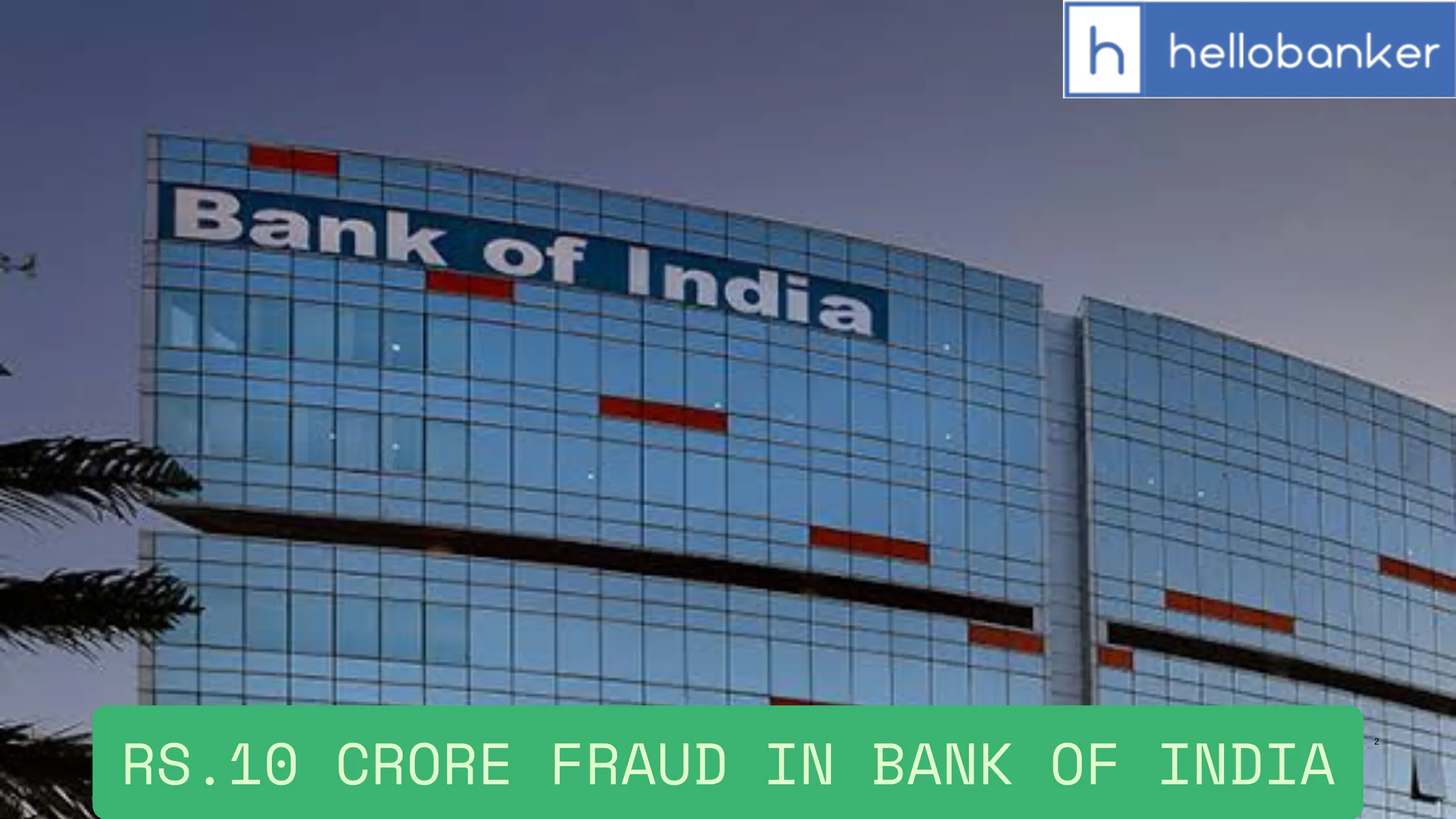In a major ruling, a special Central Bureau of Investigation (CBI) court has sentenced three individuals to five years in prison for cheating Bank of India out of ₹10.27 crore. The case, which dates back to April 2012, involved a businessman, a senior bank official, and a middleman who created fake documents to get credit from the bank illegally.
Along with the jail term, the court also imposed heavy financial penalties. The businessman was fined ₹8 crore, the banker ₹15 lakh, and the middleman ₹30 lakh.
Court Highlights Growing Financial Crimes
Special CBI Judge Amit Kharkar, who delivered the verdict, emphasized the growing problem of white-collar crime in India. He stated that such economic crimes are carefully planned, motivated by personal gain, and cause serious harm to the country’s economy. The judge said that strict punishment is necessary to prevent others from committing similar offenses.
Case Registered in 2013 by CBI
The CBI’s Economic Offences Wing registered the case on February 2, 2013. Those named in the case included:
- Nikhil Patt, a businessman
- Damodar Kamath, then senior manager (credit) at Vijaya Bank
- Sooraj Tayade, an agent
- Four other accused, including two who are still absconding, one who passed away during the trial, and one who was acquitted due to lack of evidence.
How the Bank Fraud Happened
The complaint came from the Deputy Zonal Manager of Bank of India’s Mumbai North Zone. According to the investigation, the fraud was carried out using fake Letters of Credit (LCs) – financial instruments banks use to guarantee a buyer’s payment to a seller.
Kamath, the bank manager, issued four such fake LCs worth a total of ₹10.27 crore. Here’s how the LCs were misused:
- Two LCs worth ₹7.25 crore were issued in the name of Madhav Trading Corporation, a company owned by Nikhil Patt.
- One LC was issued to Siddhi Graphics, owned by Sameer Shah.
- The fourth LC was in the name of Parmar Trading Corporation, owned by Chandrakant Desai.
Shah and Desai are still on the run.
Misuse of Funds
Once the fake LCs were processed, a Bank of India officer named T. Gopala verified and cleared them. The money was then credited to the accounts of the three companies involved.
However, the money was not used for any business purpose. Instead, it was transferred across different accounts and withdrawn in large amounts by the accused.
The investigation revealed that out of the ₹10.27 crore:
- ₹1.02 crore was transferred from Madhav Trading Corporation to Suraj Kumar Trading, a company owned by Sooraj Tayade.
- Another ₹15 lakh was directly transferred to bank manager Kamath, suggesting his active role in the fraud.
Conclusion
This case is a serious example of how banking frauds can affect public financial institutions. The court’s decision sends a clear message: those who misuse their position and cheat the banking system for personal profit will face strict legal consequences.
